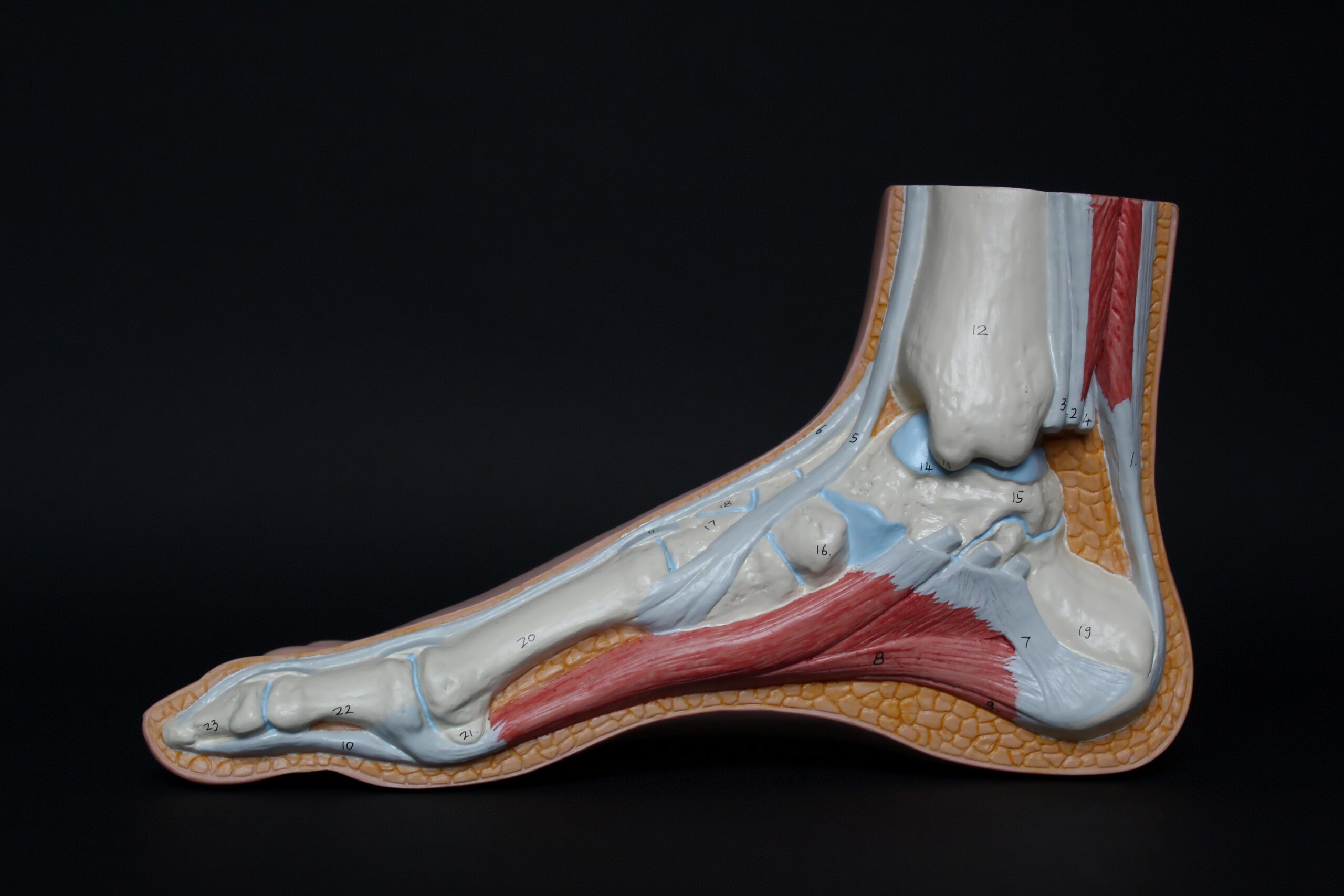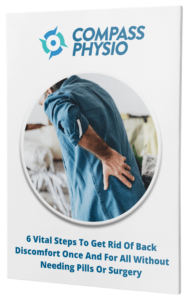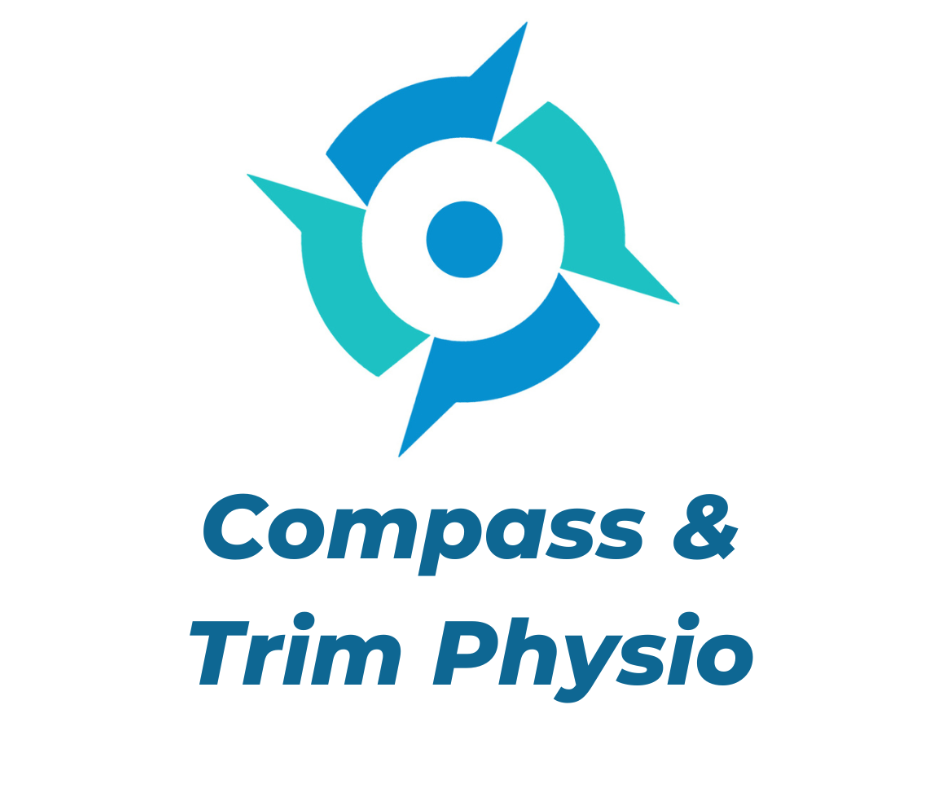Achilles Pain – 7 Tips to get you back on Track
What’s that pain in your achilles?
Here at Compass Physio in Compass and Trim Physio we are seeing more and more cases of achilles tendinopathy so thought is was about time to write a blog about it.
Do you know some who has achilles pain?
It could have been grumbling for a long time or perhaps has just flared up since they changed their running shoes or indeed started running further distances.
What is the Achilles?:
A tendon is the end part of the muscle that attaches to the bone. In the case of the achilles it is extremely taught as it plays a role in transferring the energy from the foot to the calf
What Is A Tendinopathy
A change in the structure of the tendon leads to a tendinopathy. Each tendon has a certain tolerance for load or activity and when we overload the tendon that’s when symptoms appear.
Initially it was thought that inflammation occurred and so it was classified as tendonitis but it is now known this is not the case.
There are 3 main phases to a Tendinopathy all of which we see here at Compass Physio:
- Reactive: Swollen and painful. Can come on quickly normally after a change in activity such as running more miles or doing more plyometrics or indeed wearing loose fitting footwear on holidays.
- Dysrepair: There is an actual change in the tendon and this follows on from the reactive stage
- Degenerative: Chronic with obvious thickening and difference in size when you compare to other achilles assuming the other achilles is normal! Most prevalent in older athletes or indeed manual workers/farmers

How to Treat my Tendon Problem:
1. Get a Diagnosis. See a Chartered Physiotherapist who can advise which of the above stages that the tendon is in. The Physio can also assess factors that may have contributed towards the issue rather than just dealing with the problem
2. Dont Stretch. It might be the natural instinct but this can quite often aggravate the symptoms
3. Reduce Training Load. Rest isnt always best and in some cases continuing to train can help your symptoms. If the tendon is in the early acutely painful stage then rest may be indicated along with a simple exercise to give it some stimulus that a physio would provide.
4.Wear Supportive Footwear: Wear a good pair of shoes/runners that have a good arch support. Avoid flip flops, sandals and loose fitting footwear
5. Chat to you GP/Pharmacist about Anti Infammatories: Anti Inflammatories have been shown to help with tendon pain
6. Get Stronger:Again the phase of the tendon problem dictates what exercises that you do. Isometrics (A Calf Raise with a hold on the edge of the step are useful in the reactive stage. Often we perscrice 3 x 30 second holds). In the more advanced stages we indicate eccentric calf raises. (Calf raises on the step 2 second up, 1 second hold and 2 seconds back down 3 x15 reps)
7. Gradually increase what you do. Add 10-15% to your activity each week (be that mileage running) and use the pain scale 0-10/10 to see how the tendon reacts. If it stays 3/10 or below then you can continue to slowly increase
Treating tendons and giving people the right advice to manage achilles tendon problems early and correctly is something we are passionate about here at Compass Physio
How Can Physiotherapy Help?
If you are finding it hard to complete regular exercises due to pain, fatigue or simply time schedules speak to us at Compass Physio.
Exercise is for everybody. At Compass physio we will complete a full physical assessment and will help identify any possible underlying causes that may limit your exercise regime.
Our chartered physiotherapists will help you to build strength and strategies which will help tackle any problem.
At Compass physio we will help you succeed and reach your goals.
To find out how Compass Physio can help, call 046 954 9456 (this number covers all clinics), click here to book online.
You can also email any questions to info@compassphysio.ie
Paddy Mulligan – MISCP Chartered Physiotherapist Compass Physio


